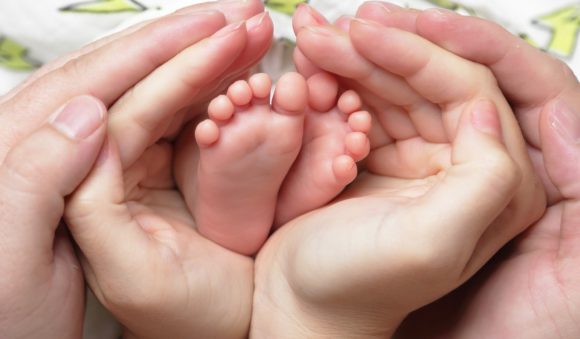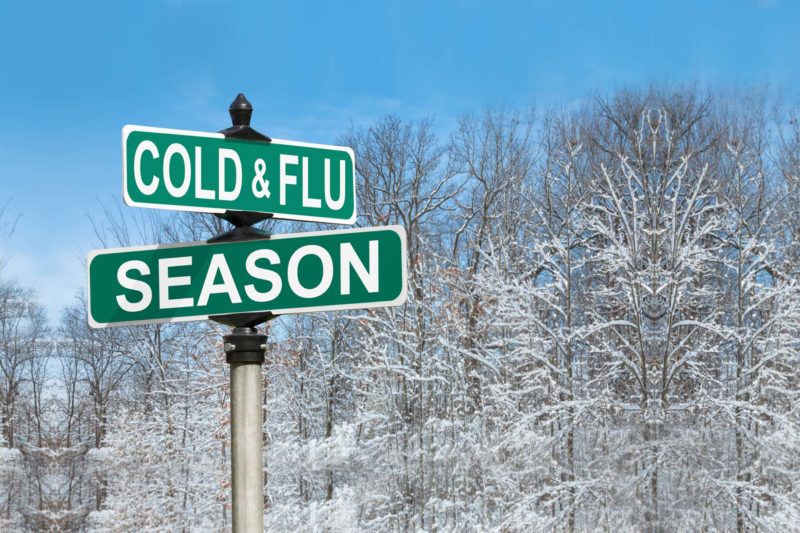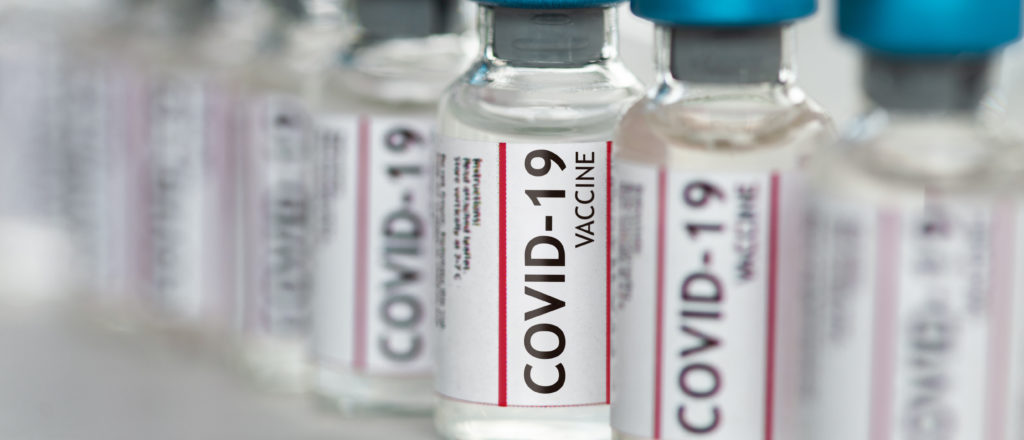Family-centered maternity care: You mean family doctors still deliver babies?
By Deanna Plant, MD
Over my years of practice, I’ve had many people ask me when they hear that I’ve attended a birth if I am either an OB-GYN or midwife by training. When I tell them that I am a family doc, they are often surprised that this is part of my practice. This brings me to my topic today: family-centered maternity care. It truly is one of the most joyful parts of my practice.
First, what is it? I think of family-centered maternity care as care that comes from a new or often ongoing relationship with your care provider (family physician, OB-GYN or midwife) once a woman is pregnant and sometimes before getting pregnant. It is about approaching pregnancy not as disease state, but rather a variation of normal. It focuses on the entire person, caring for the physical components of pregnancy and postpartum time, as well as the emotional, psychosocial and spiritual needs of the patient and her family.
We also view families as a broadly defined and ever-changing group, not always those with a biological relationship. Family to many of us can mean close friends, life partners or adopted or stepchildren to name a few. The goal of family-centered maternity care is to include those closest to the pregnant woman in planning, education and decision-making during pregnancy and at the time of delivery.
There are some key ideas around this framework of patient care:
Family-centered maternal and newborn care is based on respect for pregnancy as a state of health and for childbirth as a normal physiological process. It is a profound event in the life of a woman and her family. Providers’ goals in this type of care are those that support this normal physiological process. The decision for medical intervention should come when necessary and after discussion with the patient and their family unit.
Promoting attachment is central to family-centered care and is done by encouraging early parent–infant interaction, such as skin-to-skin contact at birth and early breastfeeding, if that is the mother’s plan for feeding. Supporting early attachment will have immediate and lasting effects on the health of mothers, infants and families.
Family-centered care applies equally in low-risk and in higher-risk environments, including care of sick or preterm newborns and of mothers who require intensive or specialized care. This can be especially important if a newborn is in the baby intensive care unit, which can be a very stressful time for families and babies.
Family-centered maternal and newborn care is informed by research. Looking at data can help us to best care for women before, during and after pregnancy. While each person has different needs, decisions regarding care should be based on the information we have available.
Providing effective care for families moving into parenthood involves addressing social determinants of health. The most effective interventions occur at the population health level. This is done by responding to such issues as food insecurity, affordable housing and a living wage. This requires the creation of stronger social safety nets for families and healthy public policy and environments supportive of healthy lifestyles.
-Culturally appropriate care is important in a multicultural society. Cultural competence focuses on the skills, knowledge and attitudes of practitioners. Cultural safety goes one step further by promoting partnership in a person’s care. The key to practicing cultural safety is self-reflection and building trust and respect.
Let’s continue to care for each other as whole beings. Peace.
If you would like to see Dr. Plant or one of her colleagues for medical care, please call 651-241-5200 to schedule an appointment.




